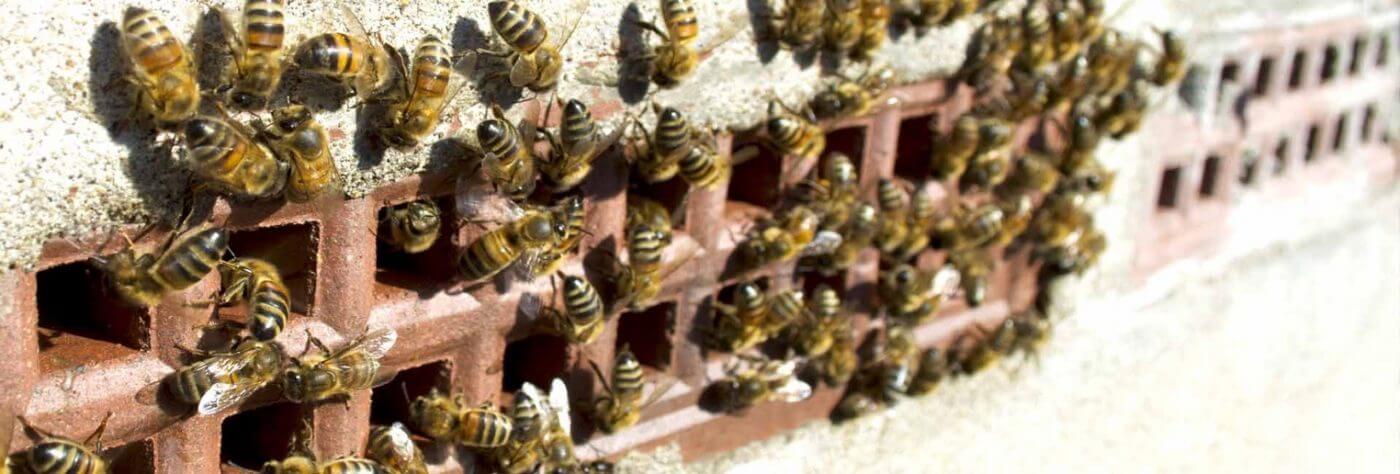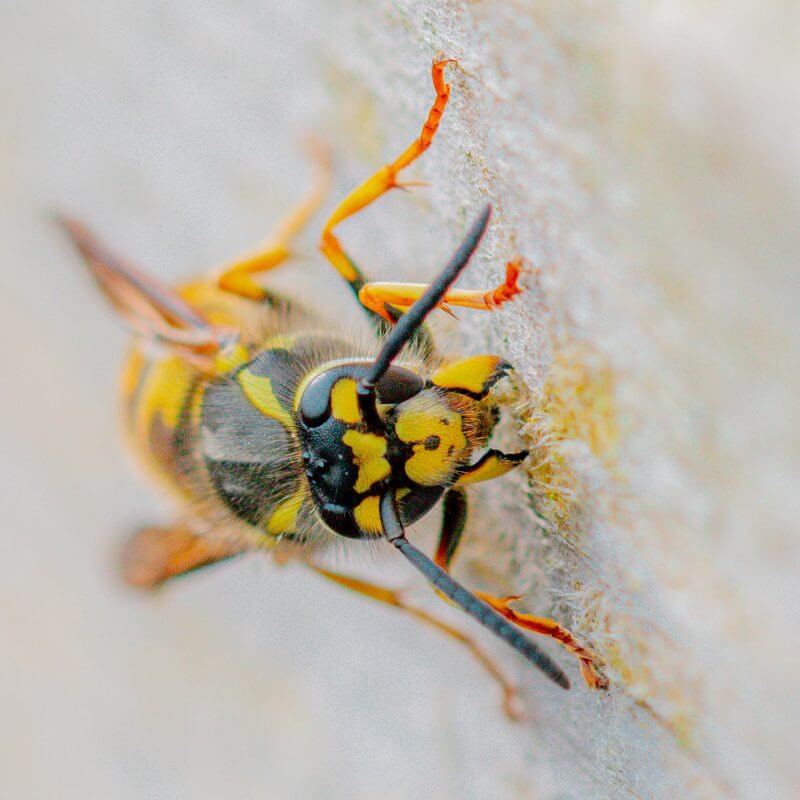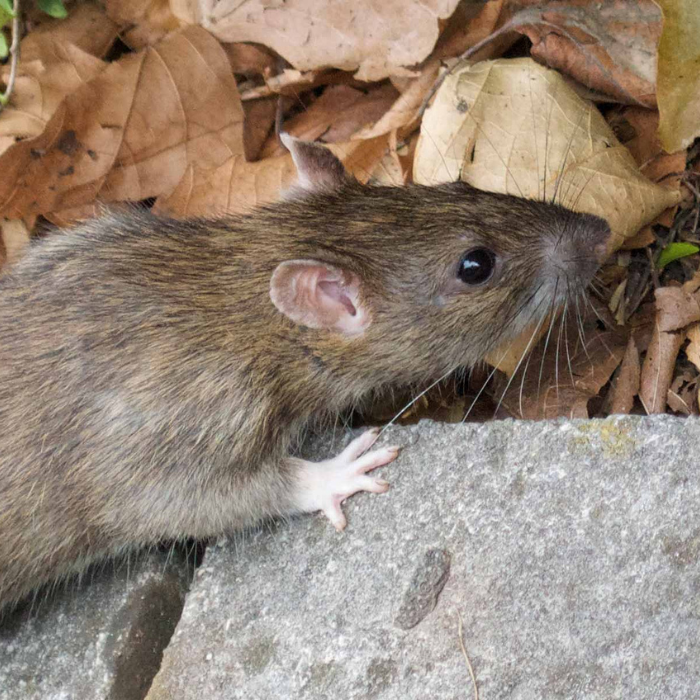Bristol Pest Control Services | Pale Horse Pest Control
Bristol Pest Control Services
Professional Pest Control Bristol
The best pest control providers in the UK include members of the BPCA or British Pest Control Association.
Pest infestations in residential pest control situations are often carried out by smaller, family-run businesses where you get to know the owner of the pest control companies and will often seek help and advice from this person for many years.
A pest control service in Bristol might be a one-off visit or be part of scheduled yearly pest control contracts if you have a large property or simply want to know your premises are secure and safe from vermin.
Ethical Pest Control Services In Bristol
Professional pest control is not just about using poisons and pesticides to get rid of pests, it’s also about removing or reducing the problems that allow or encourage pests into a property in the first place. It’s about being proactive and not just reactive.

Ethical pest control treatments are becoming more and more important to both customers and the environment. Pest prevention or exclusion is the game! Everyone wants a pest solution that is both efficient and cost-effective.
Treatments for insects, fleas, birds mice and other vermin in your house or business have arrived for a reason and it requires some detective work by professionally trained and experienced experts to help you find the source or culprit quickly.
So the best pest controllers focus first on inspection. Accurate inspection and assessment provide pest control that eliminates nuisance pests in the shortest amount of time possible, at the best possible price, with the least possible disruption and least possible impact on the environment and non-target species.
As customers, we all want great service from an extremely helpful pest controller. A professional that can remove pests and solve pest problems quickly.
The most common pest problems we are called to help business customers with include cockroaches, bed bugs and rodents. Wasps and bedbugs are among the most common pest control treatments we help our residential customers eliminate.
Every pest problem and infestation is a cause of stress and anxiety, so we always try our very best to be as honest and accurate as we can when assessing any pest control problem. Mice and rats in general, require professional expertise to protect health and food security.
Bristol Pest Control Services

At Pale Horse Pest Control , we have a very rare skill set in this respect and have expertise in drainage and structural proofing. We also work closely with allied trades to ensure everything is done as thoughtfully and competently as possible.
Finally, our pest control company is determined to do all we can to help educate and prevent future infestation opportunities arising in domestic properties to keep families and vulnerable people safer for longer with control in Bristol that lasts.
Our website has been written to provide the very best professional pest control advice on the actions and pest services available in Bristol with our team of experts. So please contact us for further help and advice. We are always delighted to help and can often provide a free quote over the phone.
Insects In Bristol

Insects in need of control in the UK and Bristol include wasps , hornets , fleas , flies , and bed bugs. Often these insects fall into one or more of three categories. An insect species can be a nuisance pest , an economic pest or a medically important pest or any combination of the above. Most insect treatments will be carried out for a business or company to protect their property, reputation and clients.
Services in Bristol aimed at residential customers often focus more on health protection, nuisance reduction and then economic protection. Only once control measures have proven themselves to be effective over time will it be possible to feel some level of confidence that the treatment or proofing services have been successful, especially in respect of rats and mice.
Rodents In Bristol

Rodents considered for eradication in the UK include black rats ( Rattus rattus ) , brown rats ( Rattus norvegicus ) , house mice ( Mus domesticus ) , and field voles ( Microtus agrestis ).
Rats and mice cause millions in damage to property, food, and human health. Many environmental health departments around the UK will be very unforgiving in situations where businesses have failed to control rodents effectively or have failed to prevent vermin from accessing sensitive areas like food stores and kitchens.